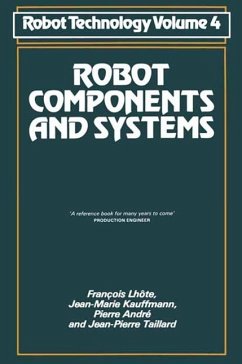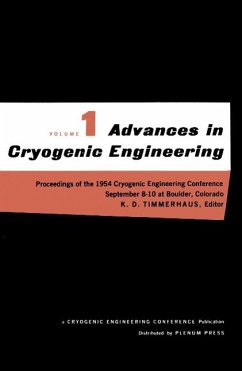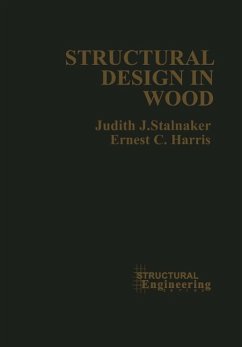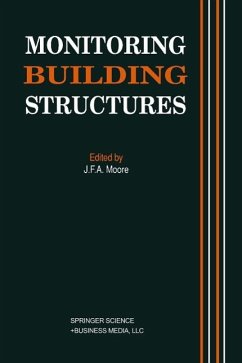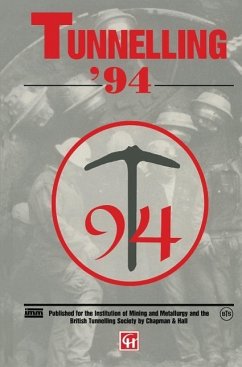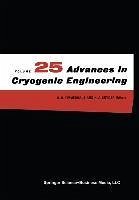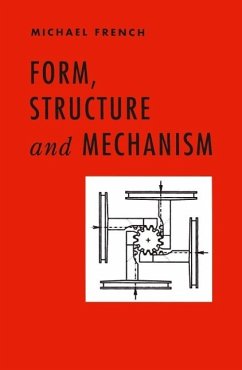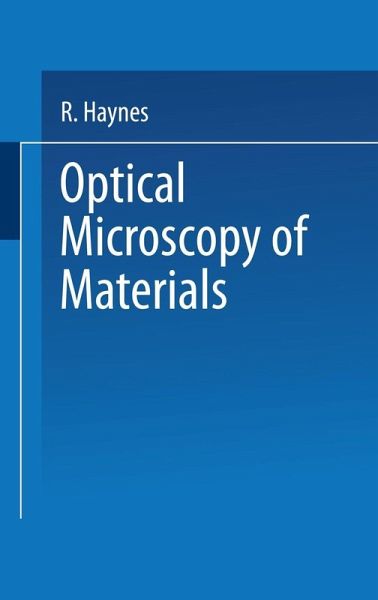
Optical Microscopy of Materials (eBook, PDF)
Versandkostenfrei!
Sofort per Download lieferbar
60,95 €
inkl. MwSt.
Weitere Ausgaben:

PAYBACK Punkte
30 °P sammeln!
Since Sorby published his observations on the structures of steels in 1863, the optical microscope has become one of the most widely used and versatile instruments for examining the structures of engineering materials. Moreover, to examine the diverse range of materials encountered, it must be used in both the reflected-light and transmitted-light forms, and with polarized light. It is complementary to, but not superseded by, the wide range of electron-optical instruments that are now used. Despite its extensive use, it has been described as the most misused, abused, and misunderstood of scien...
Since Sorby published his observations on the structures of steels in 1863, the optical microscope has become one of the most widely used and versatile instruments for examining the structures of engineering materials. Moreover, to examine the diverse range of materials encountered, it must be used in both the reflected-light and transmitted-light forms, and with polarized light. It is complementary to, but not superseded by, the wide range of electron-optical instruments that are now used. Despite its extensive use, it has been described as the most misused, abused, and misunderstood of scientific instruments, for it will produce an image of a sort no matter how badly it is used. To use it effectively, even in its simplest applications, a knowledge of the simple theory of the microscope is necessary, for the theory shows and explains how it should be used. Thus my aim has been to give a simple and, where possible, quantitative account of both the theory and the use of the microscope, including the various special techniques for which it can be used. But, no matter how effectively the microscope is used, if the specimen is inadequately prepared the results of examination will be of doubtful value.
Dieser Download kann aus rechtlichen Gründen nur mit Rechnungsadresse in A, B, BG, CY, CZ, D, DK, EW, E, FIN, F, GR, HR, H, IRL, I, LT, L, LR, M, NL, PL, P, R, S, SLO, SK ausgeliefert werden.



